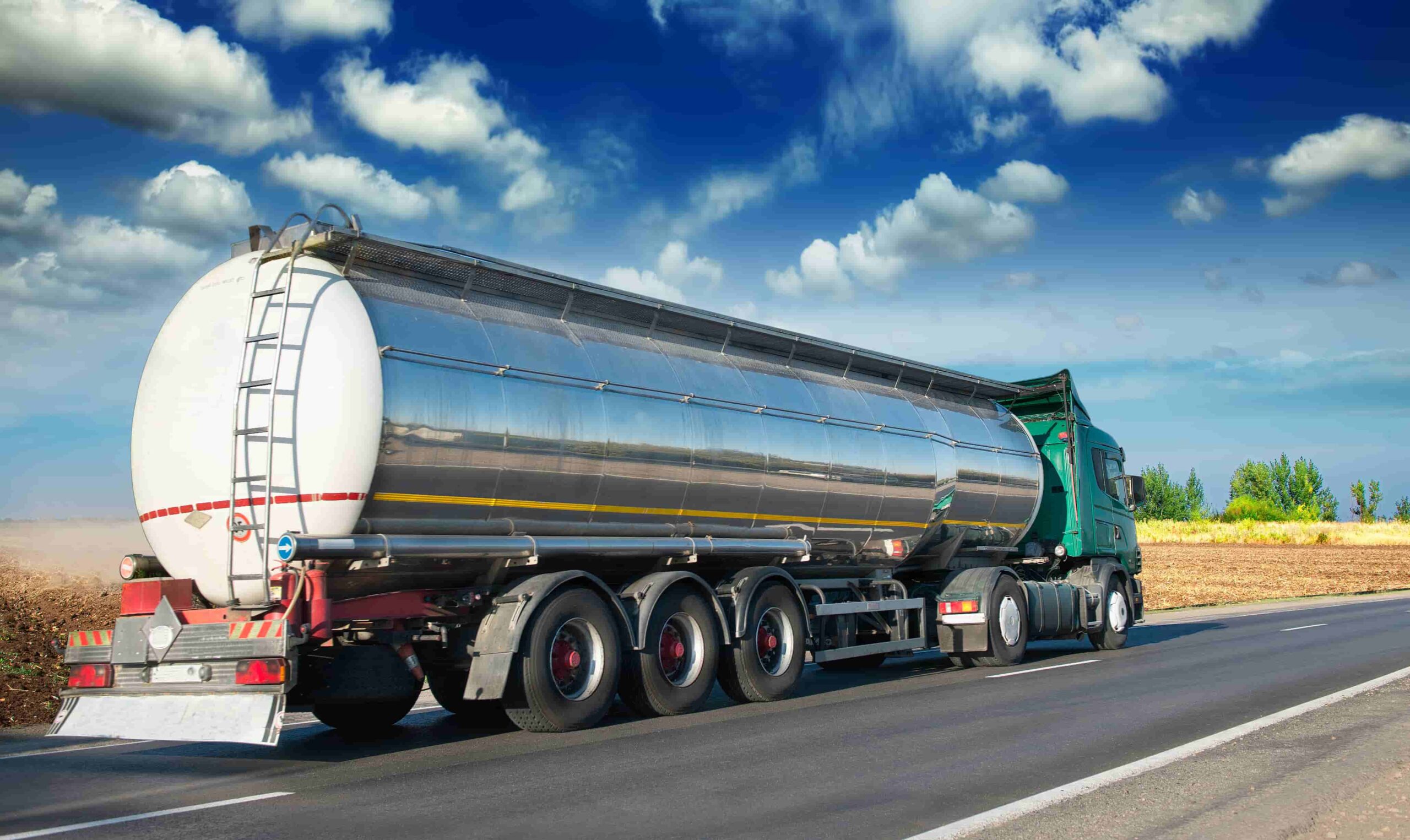
Oklahoma was the nation’s sixth-largest producer of both marketed natural gas and crude oil in 2024, with crude oil production reaching 393,000 barrels per day in October 2024. As production continues at these levels, the increased deployment of vehicles to service oil fields, refineries, and other facilities makes oil industry truck safety an ever-more-pressing concern. Research shows that vehicle incidents account for 26.8% of all fatal events in the oil and gas extraction industry, highlighting the significant risks these crashes pose to workers and the public.
Increased Traffic Volume
The oil industry’s demands have led to a significant increase in truck traffic in Oklahoma and across the country. Trucks are essential for transporting heavy equipment and crude oil to and from drilling sites. The constant movement of these heavy vehicles on rural and urban roads increases the likelihood of accidents.
Furthermore, as oil production increases, so does the need for trucks, contributing to higher traffic volumes and congestion. This heavy truck traffic is crucial for the operational success of oil fields, but it also raises safety concerns. The increased presence of large trucks on the roads leads to more crashes, putting workers and the public at risk.
Road Hazards from Wear and Tear
Increased truck traffic from the oil industry leads to significant wear and tear on roads. Heavy trucks traveling to and from drilling sites damage road surfaces, creating potholes and cracks. Vehicles going over rough terrain can develop maintenance issues over time. These damaged roads and worn-out vehicles increase the risk of truck crashes. Poor road conditions and vehicle malfunctions make it harder for drivers to maintain control, resulting in more accidents and posing serious safety hazards for oil industry workers and the public.
Heavy Loads and Improper Loading Practices
Trucks in the oil industry often carry heavy equipment, materials, and crude oil. Overloading or unevenly distributing these heavy loads can make trucks unstable and harder to control. This instability increases the risk of rollovers and other accidents. Moreover, the heavier a truck is, the more force it imparts in a collision, leading to more severe injuries. Ensuring proper loading practices is crucial for safety, but the high demand in the oil industry sometimes leads to rushed and unsafe loading, raising accident risks.
Driver Fatigue
Driver fatigue in the oil industry is a significant issue, given truck driver’s long hours and demanding schedules. While truck drivers are subject to Hours of Service rules regarding how long they may operate their vehicles without rest, they often face pressure to meet tight deadlines. Tired drivers have slower reaction times and impaired judgment, increasing the risk of accidents.
Hurt in a Truck Accident? Contact an Oklahoma Truck Accident Lawyer for a Free Consultation
If you’ve suffered injuries in an Oklahoma truck accident involving an oil and gas truck, Cain Law can help you by identifying the liable parties and holding them responsible. We’ll handle all the legal work while you focus on your medical treatment and rebuilding your life. Call us today or complete our contact form for a free consultation.

